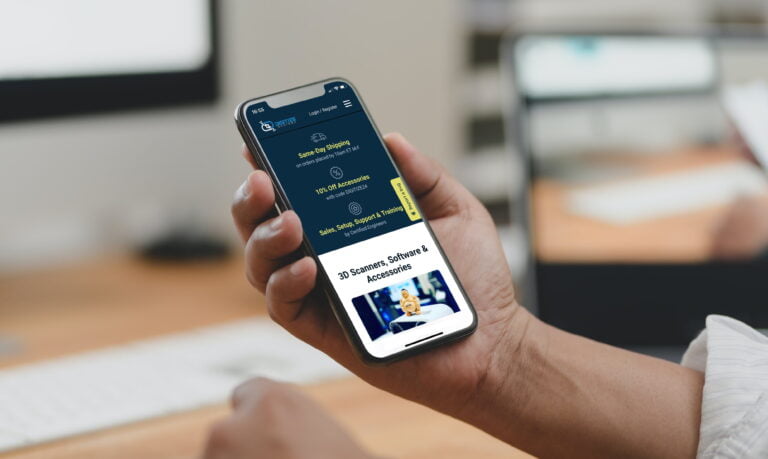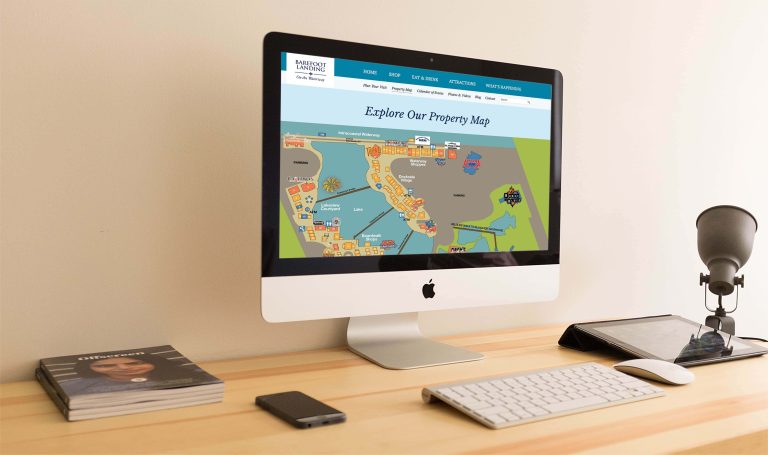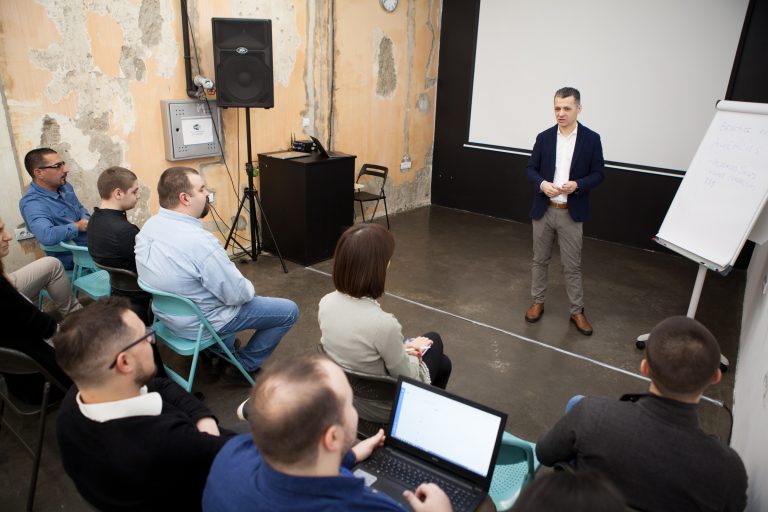
18 Questions to Ask a Website Designer Before Hiring
Introduction
So, you’re looking for a reliable designer or agency to design/develop your new website. While shortlisting suitable candidates may not be that difficult, choosing the one that perfectly aligns with your business needs, timelines, and budget is much more challenging.
In this article, we will give you a comprehensive list of questions to ask web designers or agencies to help you make an informed choice.

1. How much experience do you have?
When ranking your potential candidates, ask about their previous experience. While years of experience do not guarantee successful cooperation, having more than five years of experience will increase its likelihood.
When asking about their previous experience, ask if they have worked with clients from your industry before. Prior experience in your industry enables them to understand your business better and tailor website design to your target audience. While asking about their previous experience, ask how their designs have contributed to clients’ marketing goals.
While the designer’s or agency’s experience in your niche is undoubtedly helpful, it is not the determining factor. Effective website design is similar across most industries. Choose an agency or a designer with years of experience creating websites. They will be able to adapt to the specific needs of your niche and tailor your website to your target audience.
2. Can you show us your portfolio?
Asking your potential website designers to show you their portfolio will enable you to assess the quality of their previous work. Usually, asking for a portfolio will also allow you to look at their projects not necessarily listed on their websites.
Most agencies will showcase only a few projects on their websites to make it easier for clients to navigate their portfolios and estimate the quality of their work. For example, at MANE Digital, we have designed and developed over 350 websites during our 17+ years of industry experience, while our portfolio only includes a few detailed case studies to showcase our work.
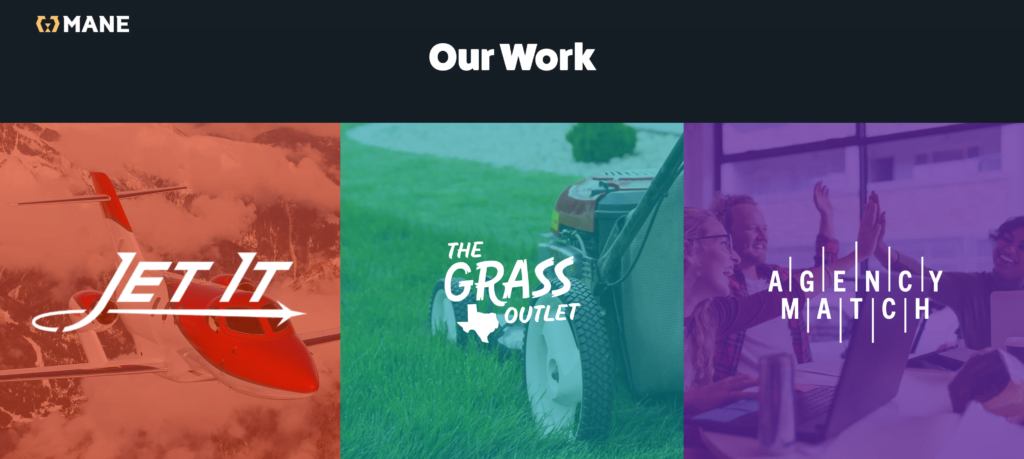
When analyzing portfolios, ask the following questions:
- Do I like their design style?
- Are the designs modern?
- Are their websites responsive?
- Is their user experience intuitive?
- Are they versatile, or do they only use one style?
- How did their designs/redesigns contribute to their client’s marketing goals?
BONUS: Reference
Apart from analyzing website designers’ portfolios, ask them for references. Contacting their previous clients will enable you to acquire first-hand experience working with a particular web design or development team.
Getting in touch with their previous clients will give you an insight into their punctuality, communication, style, creativity, and other factors.
In addition to contacting their previous clients, you should also evaluate agencies’ previous client’s reviews on independent sites such as Yelp or their GMB profile, if they have one.
3. Will you analyze my industry before making the website?
Ask this question to determine whether your candidate can design the site based on reliable data and comprehensive research.
Web designers should be able to analyze your industry, business, and website KPIs (if you already have a site you wish to improve). The research will enable them to create a strategy tailored to your industry’s audience needs.
In creating the project plan, website designers should consider your industry, business, target audience, and marketing goals.
Although industry research can add to development and design time and costs, it is a crucial step. It will maximize your business potential by enabling you to align your web presentation with industry standards and your target audience’s preferences, leading to more visitors and conversions.
4. What kind of research will you do on our business?
Apart from industry research, an ideal web designer or agency should be willing to research your business in depth. Understanding your business will enable designers to focus on visually representing your brand’s story and tailor the website’s user experience to resonate with your target audience.
Experienced web designers should be able to understand both your business goals and your target audience. This knowledge will enable the designers to tailor your website to your ideal visitor’s preferences. At the same time, the industry’s knowledge will allow for unique website designs that set you apart from the competition.
5. What are the goals you aim to achieve in web design projects?
To further assess their strategy, ask web design agencies about the goals they aim to achieve and the steps they will undertake during the web design process.
For example, if they suggest a website redesign to optimize user experience to promote conversion, ask how they plan to encourage conversion and how their approach will enable you to reach that goal.
A reliable web design services provider should be able to explain the end goal and the steps to achieve it.
Additionally, they should demonstrate the effectiveness of their methods using examples from their previous projects. For instance, if asked about the effects of our UI/UX design services, we would point our potential clients to some of the examples from our portfolio.
For example, our work with the HealthTeam Advantage case study demonstrates the success of our UI/UX design strategy:

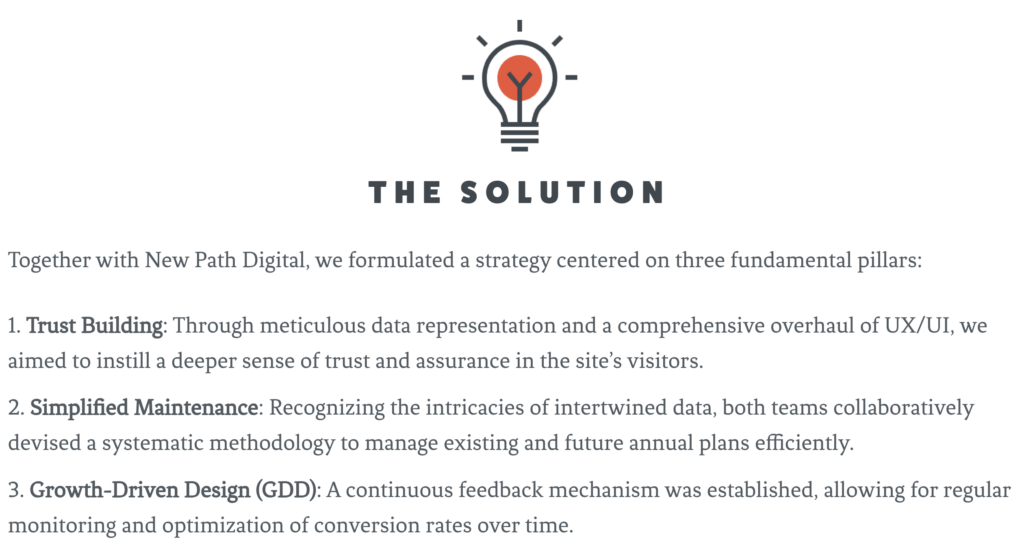
6. What is the cost of your services?
One of the most crucial questions is the estimated price and assessing whether it fits your budget. The cost of website design depends on many factors, such as
- A team size,
- A website scope,
- Website’s features and functionalities,
- Which CMS do they use (WordPress, Webflow, Shopify, etc.)?
- If it is a custom or theme-based website
However, agencies usually can provide an estimated quote during the initial interview. For example, at MANE Digital, we provide free consultations and give a quote to all potential clients.
7. How many rounds of edits are included in our project?
Some agencies and website designers have a set number of revisions and charge for any additional modifications, so you should ask if there is a set number of edits when asking for an estimated price.
When deciding on the number of revisions, establish milestones that will enable you to evaluate the design during the process. Additionally, it is crucial to have information related to the number of revisions included in the price of the website design project. In that case, you will know that you have to optimize your comments and require the chosen designer to respond to all of them promptly.
For example, as part of our design and development process, we provide our clients with early wireframes and mockups to ensure our visions align and minimize additional changes.
8. How long will it take to complete my website design and development? Can we define the deadlines for this project?
As website design and development time depend on complexity, team size, and other factors, it is essential to communicate and establish a timeframe with the chosen web designer or agency. They should be able to give you an estimated timeframe, which you should evaluate to ensure it fits your expectations.
Communicate your deadline and ask if exceeding the deadline comes with extra costs.
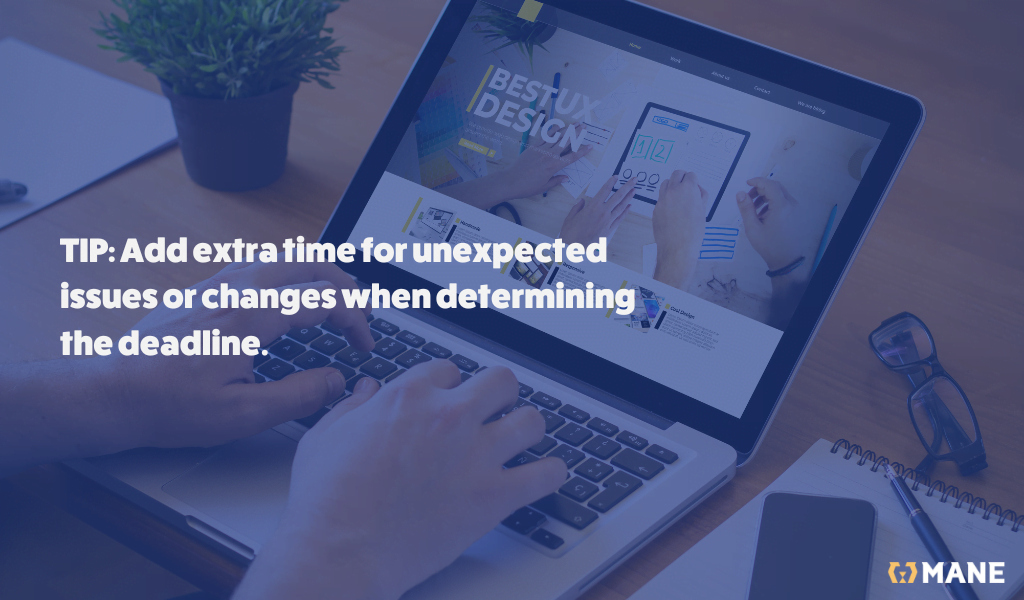
9. Do you have a project plan with project phases for our website design process?
Determine if your potential website design agency has documented the design process and project management plan.
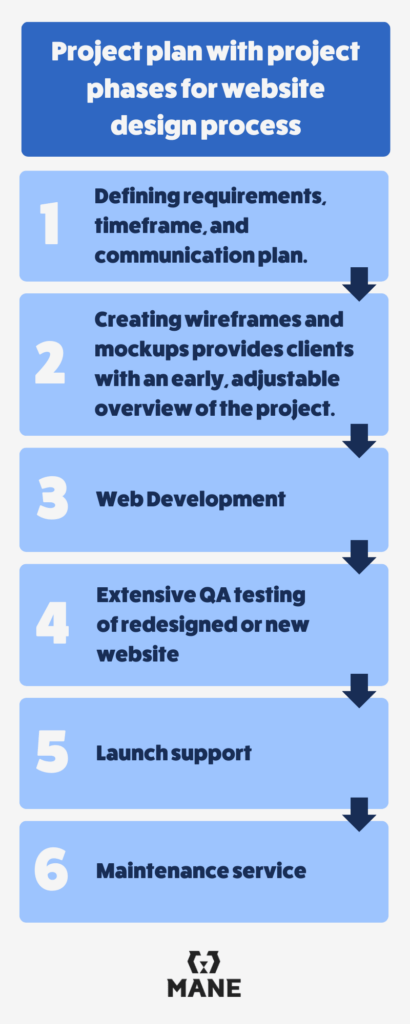
A documented design process and project management plan are signs of industry experience and enable efficiency with minimal supervision.
For example, we ensure effective project management at MANE Digital by assigning a dedicated project manager to every client. The project manager then facilitates communication through regular weekly or biweekly meetings.
Our design and development process is also transparent, and it includes the following steps:
- Defining requirements, timeframe, and communication plan.
- Creating wireframes and mockups to give the client an early overview and modify it if necessary.
- Web Development
- Extensive QA testing of redesigned or new website
- Launch support
- Maintenance service
10. Which technology do you use to build websites? Do you use any CMS, and do you create custom websites?
Determine what technology an agency will use to design and develop your new website.
They can, for example, use popular content management systems (CMS) such as WordPress and Webflow or develop them from the ground up using development stacks (e.g., MERN, MEAN, Ruby on Rails, etc.)
When deciding if the agency’s technology is right for your business goals, weigh its advantages and disadvantages.
Building the custom website from the ground up may enable additional customization, but it is expensive and requires more development time. Using a CMS to develop your site, on the other hand, is more time and cost-efficient. It is also easier to maintain and manage, especially if you don’t have in-house developers.
11. How will you secure and transfer all data on our existing website to a new one?
Suppose you plan significant website design and structure changes or migrate to a new website or CMS. In that case, you should ensure that the chosen agency or website designer can secure a transfer without risking losing your data or search engine ranking (SEO).
If you are migrating to a new CMS or framework, your agency should ensure they have a migration strategy to protect your and your visitor’s data. The strategy should include:
- Creating a migration plan.
- Creating a website’s backup.
- Preconditions for importing a large base of data to the new website.
- Determining the optimal time for migration.
- Prioritizing content.
- Technical SEO aspects.
- Testing.
12. Can you build an e-commerce site?
Designing an online store or implementing eCommerce features into your existing website significantly differs from creating other websites. Professionals experienced in eCommerce site design will be able to create websites that are easy to navigate and user-friendly, which will positively influence the shop conversion rates and overall success. If you plan to build an online store, ensure your agency has experience providing eCommerce development services.
Also, if you plan to sell your products or services using search engines as a sales channel, a web design agency with SEO and CRO experience can determine the success of your webshop. An online shop with the wrong structure, nonintuitive navigation, and overall flow can ruin all other efforts to build a successful e-commerce site.
If you already have a website and wish to implement eCommerce features, ask your designer if your website’s underlying technology supports store integration. For example, if your website is based on WordPress, it will allow for seamless integration of online store features by using the WooCommerce plugin.
On the other hand, if you are planning to build a new eCommerce website, ask your designers what technologies they use. The choice of platform will influence development time, costs, and how easy your store is to manage.
If you are starting, we recommend basing your store on WooCommerce due to its user-friendliness.
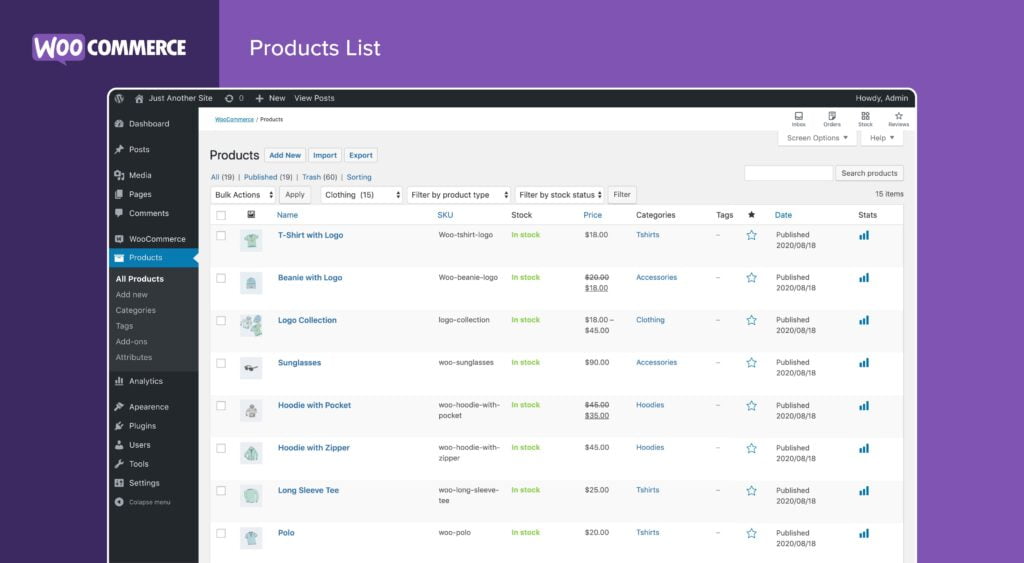
13. Do you utilize CRO best practices?
Ask your potential website designers about their utilization of conversion rate optimization (CRO) best practices. Regardless of your industry, you need a website that appeals to your target audience. It will, in turn, influence your visitors to take a desirable action: read your content, watch your video, subscribe, or make a purchase.
CRO services include:
- Designing the persona of your target audience.
- Analyzing competition.
- Applying UX and UI best practices.
- Using testing methodologies such as A/B testing.
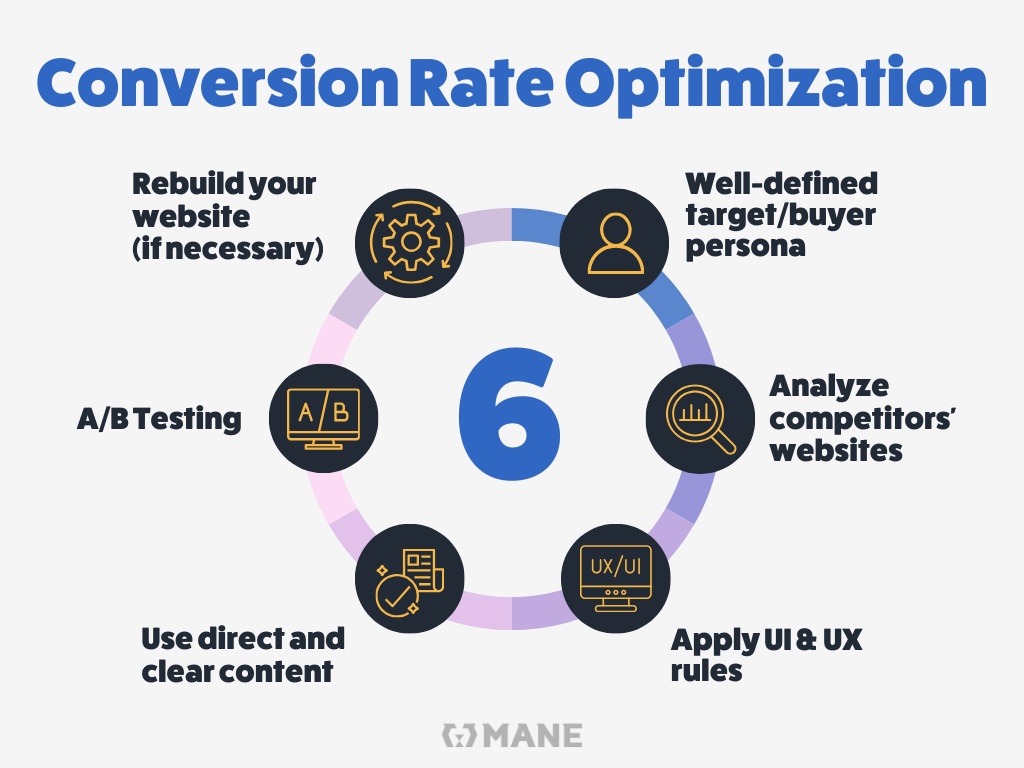
14. We need a responsive website. Can you build it for us?
Since Google introduced mobile-first indexing, responsive design has become central to website design. Responsive design means that your website should seamlessly scale regardless of the device you use to access it. On the other hand, websites that don’t scale appropriately on mobile phones are not user-friendly, meaning visitors only stay short on them, increasing the bounce rate. Also, websites not adapted for mobile devices are considered lousy SEO practices, ranking them lower on search engines.
That’s why ensuring that your designers utilize responsive design principles is essential. Ask how they approach website design regarding mobile device scaling.
In addition, you can check their previous websites’ responsiveness by accessing them from your phone or by emulating different display sizes through your browser.
15. Do you provide any other services except web design and development? If yes, which ones?
Ask if your website design agency provides additional website design/development services.
Look for an agency that provides web design and digital marketing services.
Web design services will enable logo designs/redesigns to reflect your branding and ensure visual consistency.
On the other hand, an agency providing digital marketing services will ensure that your new website looks and feels appealing and attracts visitors.
Choosing an agency that provides search engine optimization (SEO) outsourcing services will ensure that your website is developed with search engine visibility in mind, which may reduce the costs of optimizing your website later and lead to more visitors being able to find your site.
16. Do I get ownership of the website and its contents after it is live?
Clients often omit this question when interviewing potential website design professionals or agencies. However, it’s crucial to determine the ownership of the website and its content before starting the collaboration.
For example, if your website design agency uses site builders such as Wix or Squarespace, you will own the content but not the website.
Furthermore, some agencies maintain website ownership and require you to continue paying them while your website runs.
You should ensure you own both the website and its content.
17. What information do you need to have before you start web design?
Before deciding to work with web design professionals, you should know what information and materials you need to provide. Your agency should give you a list of data and materials you should provide before starting (e.g., written content, images, logo design, etc.).
Some agencies include creating written content and iconography design services; others require you to provide it. As a general rule of thumb, higher-budget agencies usually offer photoshoots, content writing, branding, and other services. In contrast, lower-cost ones typically require you to provide visual and written content.
Conversely, giving information related to the content you want on the homepage and landing pages is essential. In that way, the chosen web designer will know what you like to prioritize and how to plan the structure of sections on pages.
18. What kind of maintenance plans do you offer?
Finally, ask if your potential web design agency offers maintenance and what plans they offer.
Website maintenance aims to keep your website up-to-date and functioning optimally. Website maintenance plans usually include bug fixes, regular backups, security updates, and updating your CMS. Additionally, website maintenance services typically include SEO and performance monitoring and support to ensure that all emerging issues are addressed as soon as possible.
At MANE Digital, we offer website maintenance services to all our clients at a monthly fee, depending on the site’s size and complexity. Our maintenance services include regular updates, site backups, security scanning and monitoring, performance monitoring and optimization, and emergency support.
Wrapping up
We reviewed the most important questions to ask web designers or agencies to help you determine whether they are a good fit. By asking these questions during the interview stage, you will ensure that your website design services providers align with your business needs, time frame, and budget.
You will also determine whether they can do comprehensive research on your industry and your business and tailor your site to convey your brand’s message while providing an optimal user experience tailored to your target audience.
Finally, you will assess whether they can provide other services to enable more users to find you and take the desired action.

